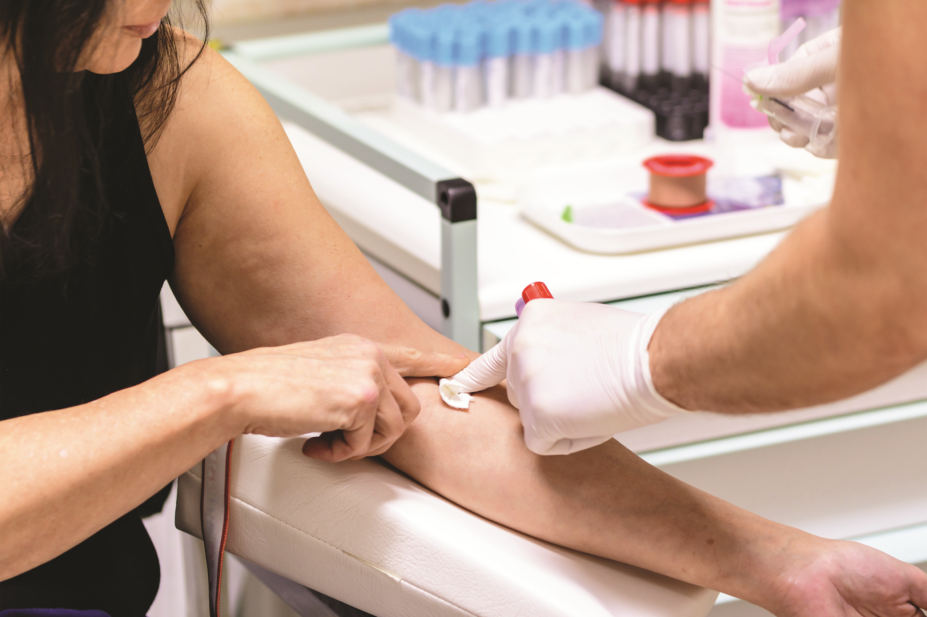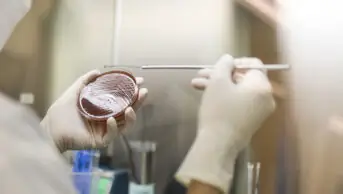
Shutterstock.com
Patients will be required to undergo a blood test to decide if they require antibiotics to treat their symptoms as part of a pilot scheme in the north of England.
Any patient attending one of 28 practices in Heywood, Middleton and Rochdale Clinical Commissioning Group (HMR CCG) with a respiratory tract infection will be asked to take a finger prick test and wait for the results before being prescribed antibiotics.
HMR CCG, which covers nearly 250,000 patients, is the first in Greater Manchester to offer the test to patients on this scale.
Test results “are available within minutes” and can “help GPs determine whether a patient’s infection is caused by bacteria and needs to be treated with antibiotics, or if the infection is caused by a virus which will not respond to antibiotics”, according to Dr Keith Pearson, head of medicines optimisation at HMR CCG.
The blood test assesses levels of C-reactive Protein — a biological indicator of bacterial infection and ensures that antibiotics are prescribed only for those patients who really need them.
“Antibiotics are not effective against viral infections like most colds and flu, and most sore throats or ear infections — conditions which are very common in winter and can be treated with over the counter remedies available from your local pharmacy,” Pearson added.
It is estimated that 5,000 deaths are caused every year in England due to antimicrobial resistance — 13 people every day”[1]
.
The Community Pharmacy Forward View, published in 2016 by Pharmacy Voice and the Pharmaceutical Services Negotiating Committee, and supported by the Royal Pharmaceutical Society English Pharmacy Board, has supported the routine availability of point-of-care testing and diagnostics in pharmacy settings as a general concept.
References
[1] Gov.UK. Annual Report of the Chief Medical Officer. Infections and the rise of antimicrobial resistance. Volume Two. 2011. Available at: https://www.gov.uk/government/uploads/system/uploads/attachment_data/file/138331/CMO_Annual_Report_Volume_2_2011.pdf (accessed November 2017)


